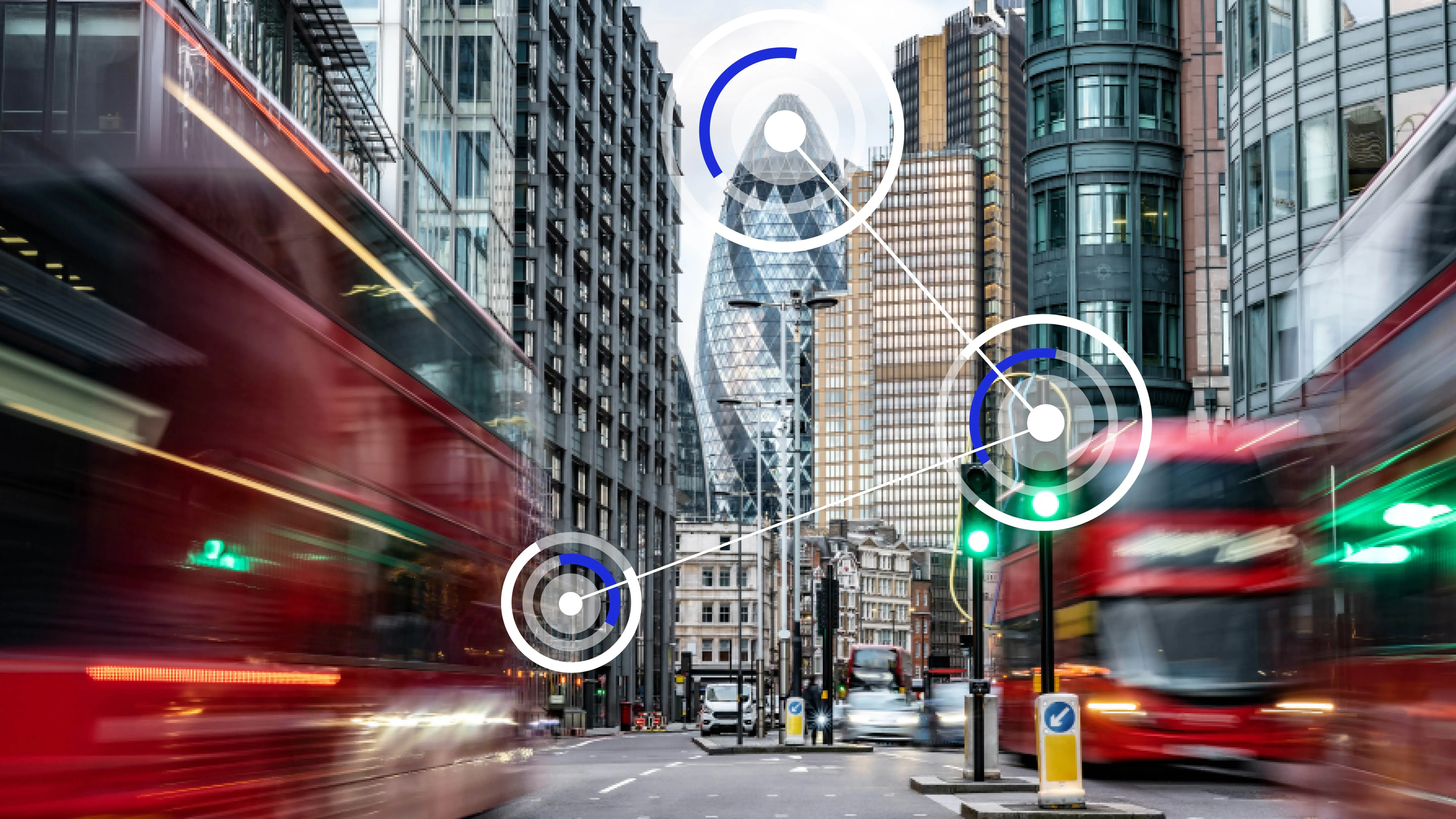Taxis are a significant contributor to London’s toxic air quality, and are responsible for 16 per cent of NOx and 26 per cent of Particulate Matter (PM) road transport emissions in central London.
From today, the owners of black cabs which are between 10 and 15 years old can check whether they are eligible for TfL’s ‘delicensing’ scheme and then apply for a grant of up to US$6,500 (£5,000) in exchange for retiring their taxi.
The three-year scheme aims to speed up the process of tackling London’s filthy air, greening the Capital’s taxi fleet, and working towards the goal of making London a zero-carbon city by 2050.
No more new diesel taxis will be licensed in London from 1 January 2018, and a number of manufacturers are prioritising delivering new greener, state-of-the-art Zero Emission Capable (ZEC) taxis. The London Electric Vehicle Company is the first to confirm the opening of their order book, expected in August.
The Government’s Plug-in Taxi Grant, part-funded by the Mayor, will also give cabbies purchasing new ZEC taxis up to £7,500 towards the purchase of a new vehicle. When combined with a delicensing payment, drivers could have up to US$16,300 (£12,500) towards the purchase of a brand new ZEC taxi.
A greener fleet could reduce harmful NOx emissions from taxis by 45 per cent in central London by 2020, making a major contribution to cleaning up the city’s toxic air and preparing for the introduction of zero emission zones from 2025.
London’s mayor launches fund to help retire polluting diesel taxis
In the latest in a series of measures to clean up London’s toxic air, the Mayor of London, Sadiq Khan, and Transport for London (TfL) have launched a US£55 million (£42 million) fund to encourage the owners of the oldest, most polluting diesel black cabs to retire them from the Capital’s fleet. Taxis are a significant contributor to London’s toxic air quality, and are responsible for 16 per cent of NOx and 26 per cent of Particulate Matter (PM) road transport emissions in central London. From today, the own
July 28, 2017
Read time: 2 mins
In the latest in a series of measures to clean up London’s toxic air, the Mayor of London, Sadiq Khan, and 1466 Transport for London (TfL) have launched a US£55 million (£42 million) fund to encourage the owners of the oldest, most polluting diesel black cabs to retire them from the Capital’s fleet.








